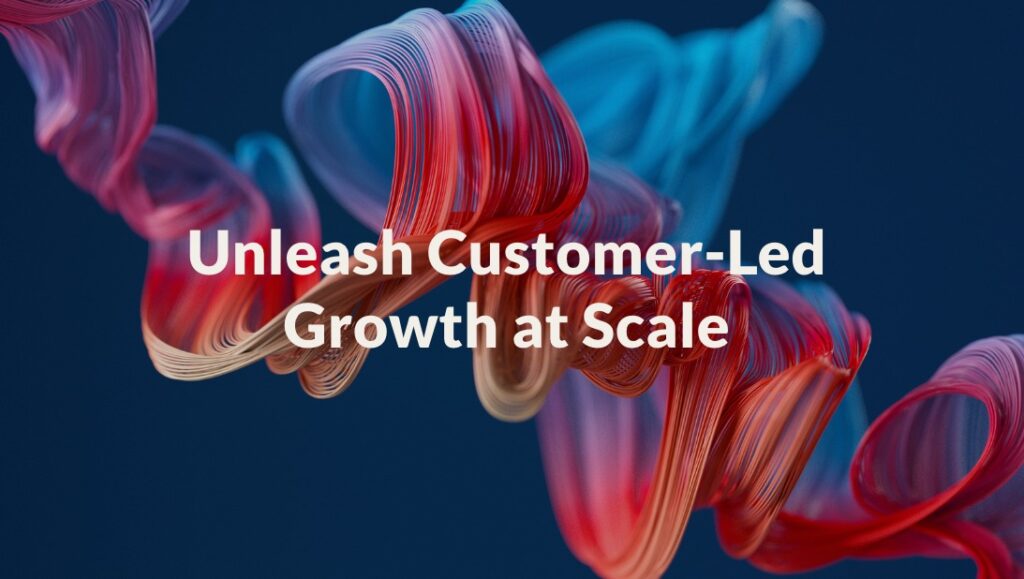Consider the humble hyperlink.
You click on some text or an image, and you fly somewhere with more information about the words or pictures you clicked on. (Try it! Learn more about Extole’s referral platform here.) The actual addresses behind those links may be ugly, if not downright indecipherable: strings of text, starting with four seemingly random letters (how many people know that “http” stands for “hypertext transfer protocol?”) and usually shot through with inconvenient slashes, periods, ampersands and question marks. But most links shield you from having to know the address you want to get to. For example, you don’t have to know where that video of Rick Astley singing “Never Gonna Give You Up“is hosted. You just have to click on that link to rock out.

The whole system seems pretty simple and it works — especially for navigating through a document, or pages on a site, or sites on a web. Makes sense: it’s easy to set up an address system for a single entity, like a city. Links work really well for what the digital world was. But what about for what it is now? What happens when digital jumps off that web page on your desktop and into your pocket as an app? Or onto your wrist as a wifi-enabled wearable? Or onto your wall as your thermostat? How do you create an address system not just for a city of houses and buildings, but for a universe of buildings and rocks and clouds and oceans full of sea monsters you haven’t even yet conceived of?
Turns out the link is still the answer. Mark Zuckerberg believes they’ll work for mapping the new digital universe as well as the old one. He’s said so with Facebook’s introduction of App Links. The company wants App Links to become the standard for addressing specific content within mobile apps. I think they’re on to something.
Remember, links are reference tools, which are flexible if you think creatively about what you’re referencing. There are plenty of tools to make them more friendly, like bitly, which masks unwieldy URLs with mobile-friendly disguises. That’s just the start: you can do much more than just shorten a link. Add a “+” sign to the end of any bitly URL and you’ll go not to the original link but to the bitly stats page for that link, which shows you data about how many people have clicked on your bitly. (Try it: here’s the stats page for this blog. How’s that for meta?)
Like Facebook does, Extole understands the power of the link. The links that underpin referral marketing campaigns on our platform enable brands to get a clear picture of who their most valuable customers are and how they attract more customers like them. They capture the relationships between advocates and friends, and their flexibility allows customers who are so inclined to capture even more information every time they’re clicked. We’ll explore this in more detail in an upcoming post.
The rise of mobile and spread of digital are having a seismic effect how we communicate with one another. But those humble little links — like referrals themselves — are powerful enough to keep up with the times.



